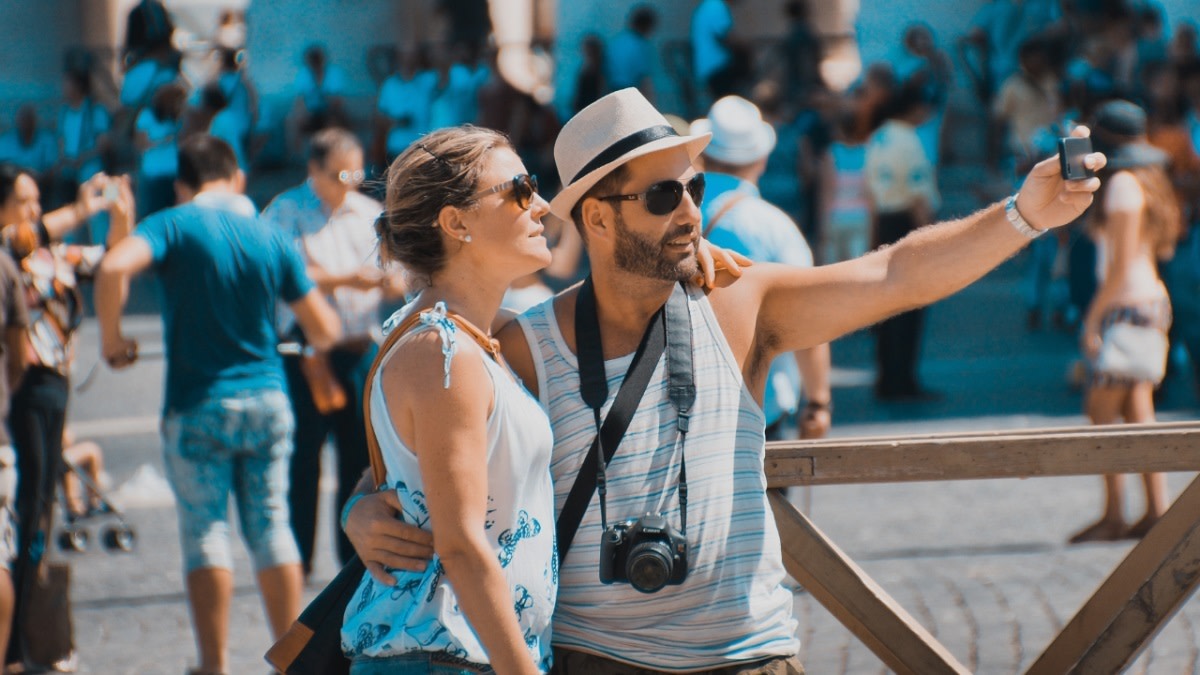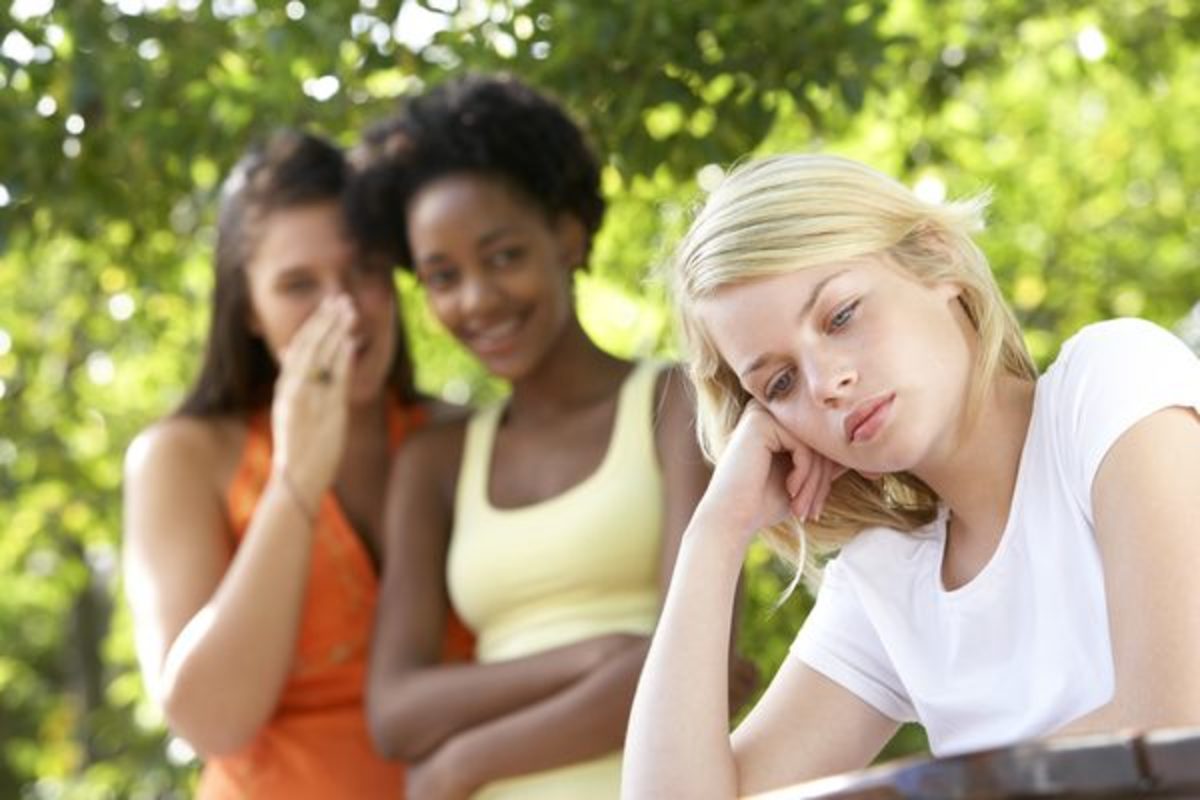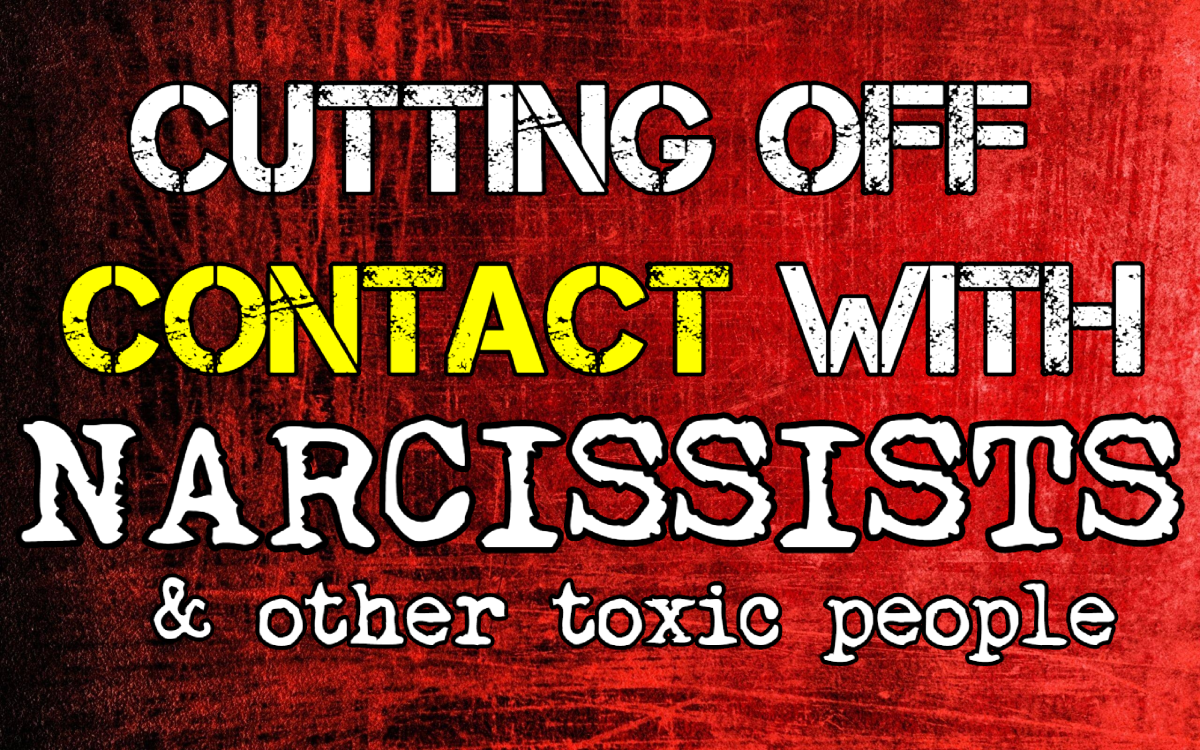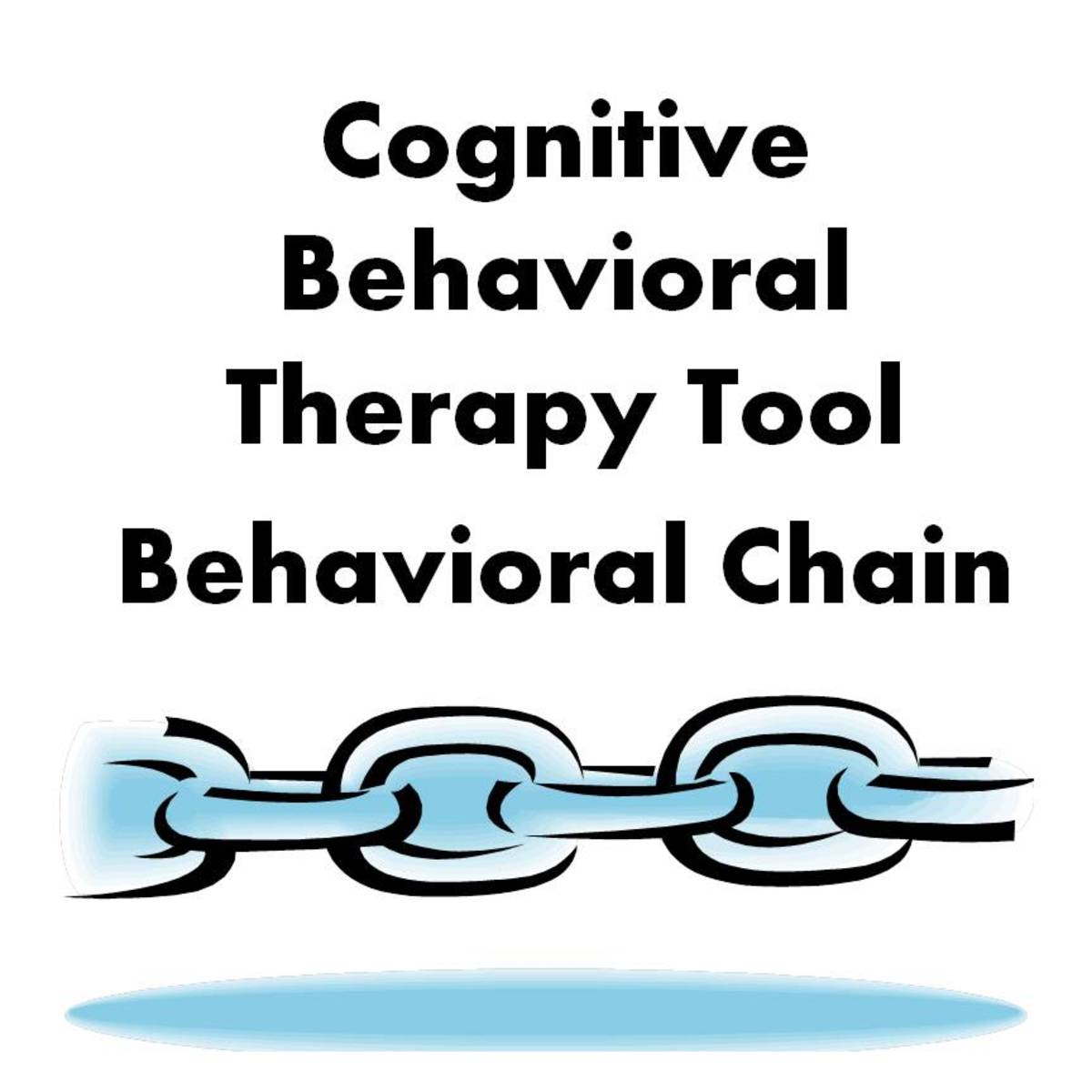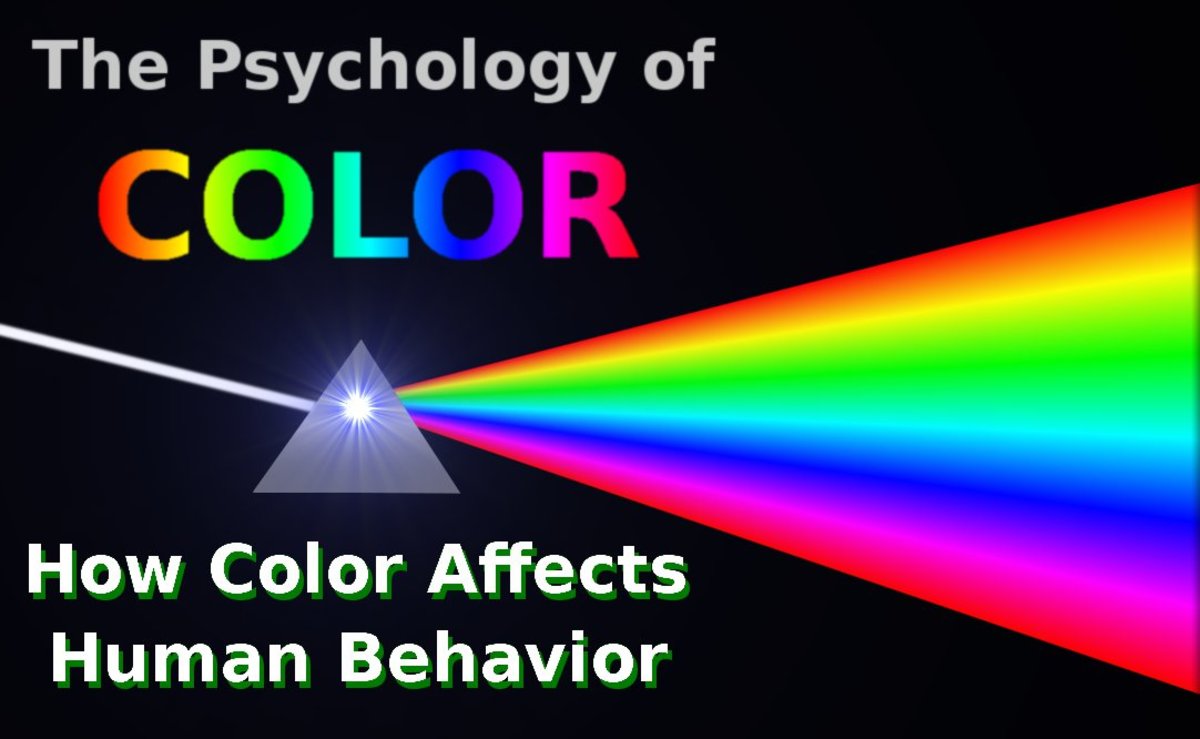- HubPages»
- Health»
- Mental Health»
- Mental Health Self-Help
Why People Do What They Do
A rose is a rose

Reactions and Responses
I often find myself wondering why people do what they do, why they react and respond how they do. I did some research on the subject and this is what I learned.
We evaluate people by their body language, including their facial expressions, tone of voice and movements. We also use cultural and childhood conditioning as a tool to help us evaluate people. In other words, a person raised in one culture will evaluate a person based on what morals and codes of ethics of that culture which may be different then the culture of the person they are evaluating. Life experiences help us to evaluate a person based on what memories we retain so we can do a comparison based on what is similar. Often we evaluate people at first glance without actually doing a full assessment.
These factors play a role in our expectations of other people by conditioning us about how to behavior when we interact with people. We do the first glance evaluation to see how we stand and what behavior we should present and then continue evaluating usually without noticing that we are. Our morals work below our consciousness to help us judge if the person can fill our needs or we can fill theirs based on what our culture believes in and what we desire. Additionally, our childhood memories and conditioning act as a guide to know what we should expect from others and what our role is in their expectations of us.
Disadvantages
The disadvantages of these expectations are that expectations change as do situations and environments. Cultures change all the time without other cultures changing very much at all. Changing and progressing cultures shift people’s view points and expectations to different areas where evaluation based on the former requirements would be of no good.
As changes happen so do the factors that people use to evaluations other people.
Another disadvantage is when one person expects a reaction based on evaluation of other people who do not react like the person they are evaluating. Just because a person is not showing a happy face does not mean the person is not happy.
For instance, if you spend time sitting in a park watching people walk around, very few of them are smiling. They smile when they have something to smile about, such as talking with a friend or noticing a cute sight that brings about a pleasant thought.
Enjoy Life Without Second Guessing !!

© 2010 Amber Higgins



